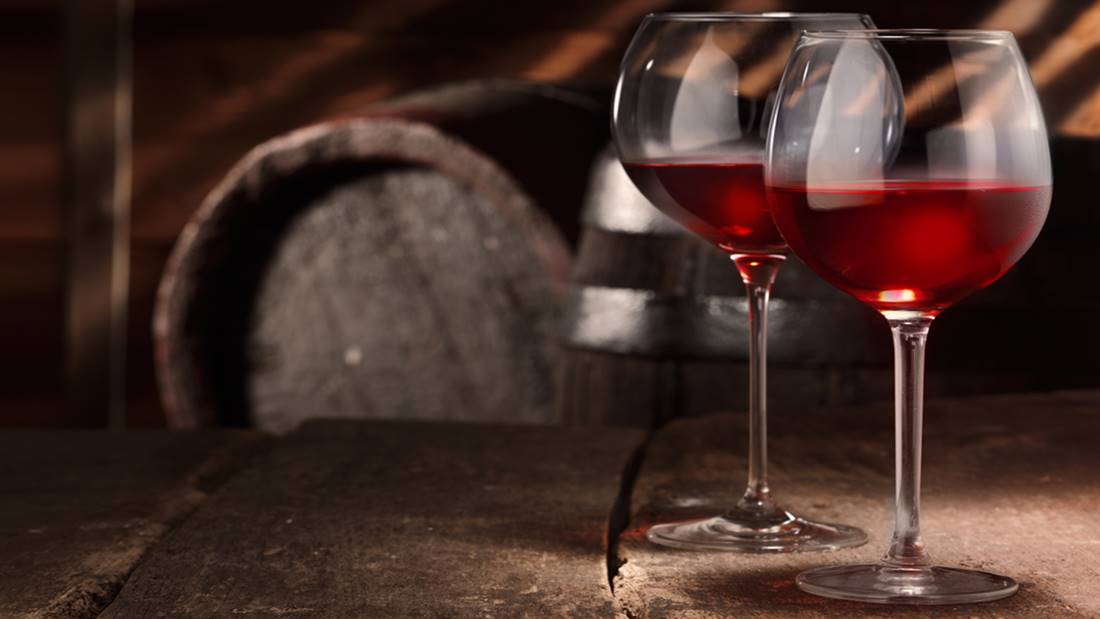
21 Jul Why Is Oak So Important in Wine Making?
Oak has a long-standing connection with wine, which makes it worth investigating. This is especially because large oak barrels have been used in the wine fermentation and barrel aging processes for centuries. The oak serves a specific purpose – it adds a distinctive flavouring as well as palate appeal to wines. The most expensive wines in the world, almost always owe a fair share of their flavouring to new oak. Whether they are French, American, Italian, Australian, Spanish or Hungarian – oak leaves a distinctive mark on the wine.
Which wines are generally oaked?
Some of the red wines that benefit from a certain amount of oak include:
- Cabernet Sauvignon
- Pinot Noir
- Merlot
- Chianti
- Pinotage
- Zinfandel
- Tempranillo
- Nebbiolo
- Syrah
The white wines that are more receptive to the influence of oak include Sauvignon Blanc, Pinot Grigio, Chardonnay and Semillon.
What makes oak the ideal material?
Oak provides aromatic support and flavouring to wines while adding complexity and fuller, richer impressions. On the nose, the oak’s main primary influences accentuate aromas that are centred on the spice rack – the common aromas that are derived from the time that a wine spends in oak include allspice, vanilla, nutmeg, cinnamon and clove. On the palate, its influence turns more towards the richer flavours including cinnamon, vanilla, caramel, smoke, tea, clove, mocha, butter and toffee.
More about the oak barrel
A standard oak barrel holds between 225 litres and 228 litres; “barriques” or the Bordeaux barrels hold 225 litres while a Burgundy barrel holds 228 litres. Oak is a naturally porous material, and as the wine sits in the barrel, a certain amount of evaporation takes place and about 18 litres are lost by way of evaporation. This results in higher concentrations of the wine’s flavour profile and aromatics and adds to its robustness and complexity.
Are all oaks the same?
The oak used in wine barrels is influenced by a range of factors such as:
- The region the oak is from
- The regional variations that have occurred with the oak that’s been procured from different forests
- The manner in which it was dried
- How the oak was toasted
- The standard practices that were employed by the cooperage that manufactured the barrel
There are a number of different types of oak used in the winemaking process. The two most common variants of oak barrels utilised in winemaking are – the French Oak barrel and the American Oak barrel. But certain winemakers also use Hungarian or Slavonian barrels.
The American oak barrels have lower wood tannins, a wider grain and are cheaper when compared to classic French oak. They also have a much greater effect on the wine’s aromatic components and flavouring, often lending vanilla nuances that have a slightly sweeter palate profile than a French oak barrel.
In comparison, French oak is the gold standard when it comes to storing wines, offering tighter wood grains and higher wood tannins which tend to have far less of an influence on the wine’s flavouring concentrations and aromatics. However, they increase the wine’s inherent complexity and boarder palate presence.
The newer the oak barrels, the more concentrated their influence will be on the wine. As the vintages wear on, these oak barrels will have far less flavour to offer any upcoming wine. French oak barrels can easily cost over $1,000 per piece depending on the region and forest it is sourced from; while an American oak barrel starts at around $360 per unit.
When you see these figures, it becomes very clear that wineries make a significant investment in their barrels and it’s also what escalates the price of wines that have been aged in new oak. Most cases, winemakers stagger these new barrels into the production processes to keep costs for their wineries as well as the consumer at more reasonable levels
For information about custom wine cellar design and classic cellars, you can call Signature Cellars on 02 9340 7515 or use this contact form to get in touch with us. We’ll be pleased to assist you and provide custom solutions that match your requirements.
Thanks for reading,
Neil Smallman
Signature Cellars
1300 570 636




No Comments